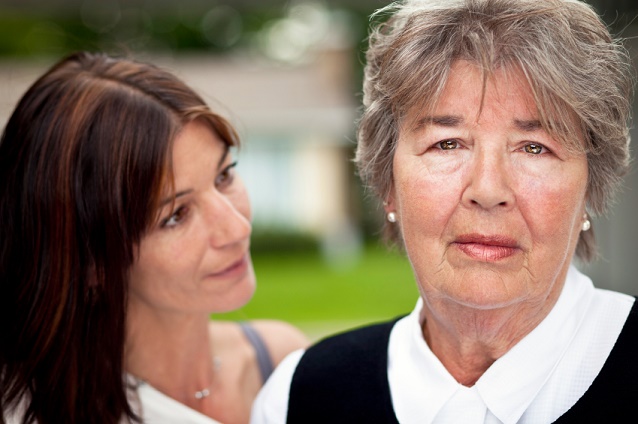Alzheimer’s Disease: What Are the Common Signs?
February 25, 2015
At this year’s Academy Awards ceremony, Julianne Moore won an Oscar for her performance in Still Alice, a film about a renowned linguistics professor who suddenly struggles to remember words, gets lost on daily jogs and ultimately must face being diagnosed with Alzheimer’s disease. As the most common form of dementia, most people associate the disorder with the elderly so seeing a relatively young actress in such a role made people start wondering about the age of onset and symptoms. The following is an overview of Alzheimer’s disease.
Prevalence and Onset
The progressive disease that gradually destroys memory and other important mental functions is surprisingly common. In fact, there are more than 3 million cases in the United States every year. While Alzheimer’s disease can affect people of virtually all ages, the risk increases for those over 65. Sadly, almost half of those 85 years and older are living with the disorder. Women are particularly at risk with a 1 in 6 chance of developing Alzheimer’s as compared to men who have a 1 in 11 chance.
Symptoms
Most sufferers report forgetfulness or mild confusion as the first symptoms that they noticed. Eventually, the memory will become greatly affected and those with Alzheimer’s may repeat statements and questions over and over, forget conversations, appointments and events, misplace possessions and, ultimately, forget the names of family members and common objects. They may also struggle to find the words when speaking and writing, become disoriented in their surroundings, have difficulty concentrating and experience changes in personality (for example, developing depression, anxiety, distrust in others).
Diagnostic Tests
Memory loss and other symptoms can be caused by many things so it is important for doctors to perform certain tests to confirm a diagnosis. The screening for Alzheimer’s disease includes a physical and neurological exam to assess reflexes, muscle tone/strength, coordination and balance as well as lab tests, mental status screenings and neurological testing and brain imaging which may include an MRI, CT scan or PET scan.
Treatment
Currently, there is no cure for Alzheimer’s disease but there are treatment options. Among the most used are medications, creating a safe and supportive home environment, exercise (30 minutes daily is recommended) and a highly balanced diet since sufferers may sometimes forget to eat. Alternative medicine treatment options include supplements and foods containing omega-3 fatty acids, curcumin and gingko.
If you, or someone you know, are experiencing symptoms or have concerns, the best thing that you can do is schedule an appointment with your healthcare professional. Early diagnosis and treatment can make a difference.







